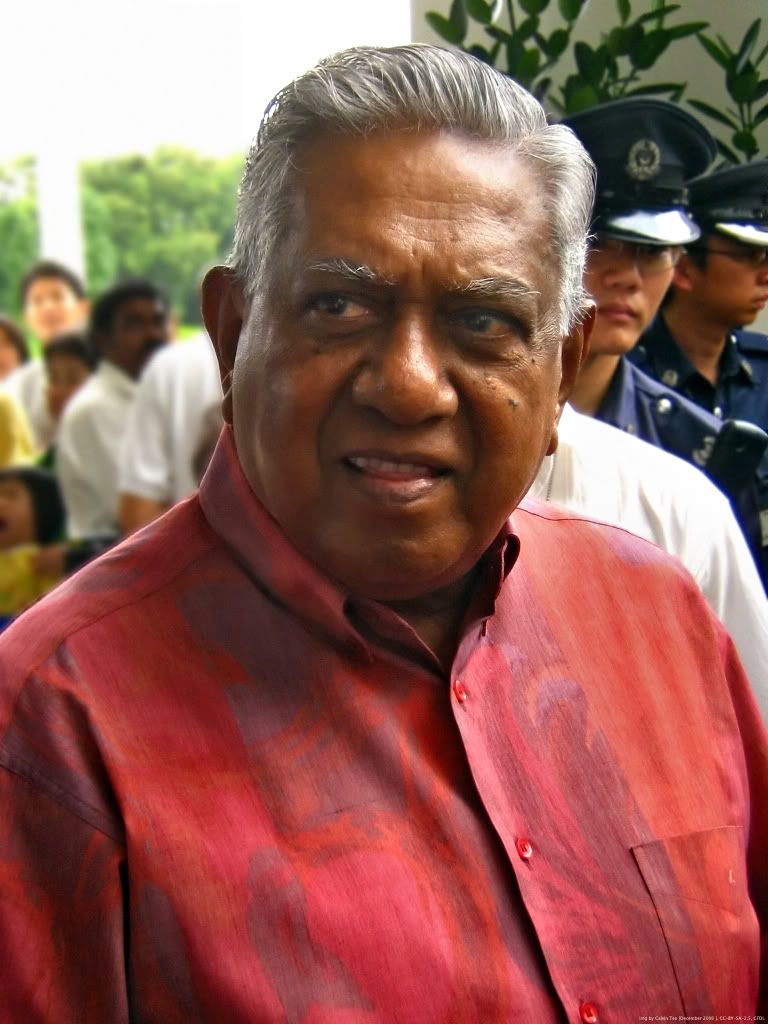- Joined
- Aug 7, 2008
- Messages
- 2,281
- Points
- 0
S'pore to amend Constitution to draw more income from reserves
By Ng Baoying, Channel NewsAsia | Posted: 15 September 2008 1756 hrs

SINGAPORE: The government wants to increase the amount of income it can spend from investing Singapore's reserves.
This requires an amendment to the Constitution, which was tabled in Parliament on Monday.
Singapore's aging population means higher social spending in future. Coupled with plans to develop the country's capacity and overall competitiveness, it means government expenditure is going up.
Part of this extra spending is being funded by the Goods and Services Tax, which was raised from 5 per cent to 7 per cent last July.
But to preserve a competitive tax environment, the government has said that raising taxes is not the preferred option.
So it is now looking at other ways, such as what it can use from the country's investment income.
This follows studies on how large state funds in other countries operate.
Currently, the government can spend up to 50 per cent of actual interest and dividend income gained from investing Singapore's reserves.
This spending rule is meant to safeguard the country's reserves.
The government now wants to expand the pool of investment returns to include capital gains and losses, while maintaining the 50 per cent spending cap.
It will look at total returns on a long-term expected basis, over 15-20 years, to avoid inherent volatility of actual capital gains and losses.
Inflation will also be taken in account.
The proposed new framework will apply to assets managed by the Government of Singapore Investment Corporation (GIC) and those owned by the Monetary Authority of Singapore (MAS).
Other assets, which include Temasek Holdings, will still use the existing formula.
The idea of redefining the income that the government could spend from investing Singapore's reserves was first mentioned in Budget 2007 and again in Budget 2008.
The Finance Minister is expected to elaborate further on this amendment later in the year.
If the amendment to the Constitution is passed, the changes will take effect at the next Budget in 2009.
By Ng Baoying, Channel NewsAsia | Posted: 15 September 2008 1756 hrs

SINGAPORE: The government wants to increase the amount of income it can spend from investing Singapore's reserves.
This requires an amendment to the Constitution, which was tabled in Parliament on Monday.
Singapore's aging population means higher social spending in future. Coupled with plans to develop the country's capacity and overall competitiveness, it means government expenditure is going up.
Part of this extra spending is being funded by the Goods and Services Tax, which was raised from 5 per cent to 7 per cent last July.
But to preserve a competitive tax environment, the government has said that raising taxes is not the preferred option.
So it is now looking at other ways, such as what it can use from the country's investment income.
This follows studies on how large state funds in other countries operate.
Currently, the government can spend up to 50 per cent of actual interest and dividend income gained from investing Singapore's reserves.
This spending rule is meant to safeguard the country's reserves.
The government now wants to expand the pool of investment returns to include capital gains and losses, while maintaining the 50 per cent spending cap.
It will look at total returns on a long-term expected basis, over 15-20 years, to avoid inherent volatility of actual capital gains and losses.
Inflation will also be taken in account.
The proposed new framework will apply to assets managed by the Government of Singapore Investment Corporation (GIC) and those owned by the Monetary Authority of Singapore (MAS).
Other assets, which include Temasek Holdings, will still use the existing formula.
The idea of redefining the income that the government could spend from investing Singapore's reserves was first mentioned in Budget 2007 and again in Budget 2008.
The Finance Minister is expected to elaborate further on this amendment later in the year.
If the amendment to the Constitution is passed, the changes will take effect at the next Budget in 2009.







